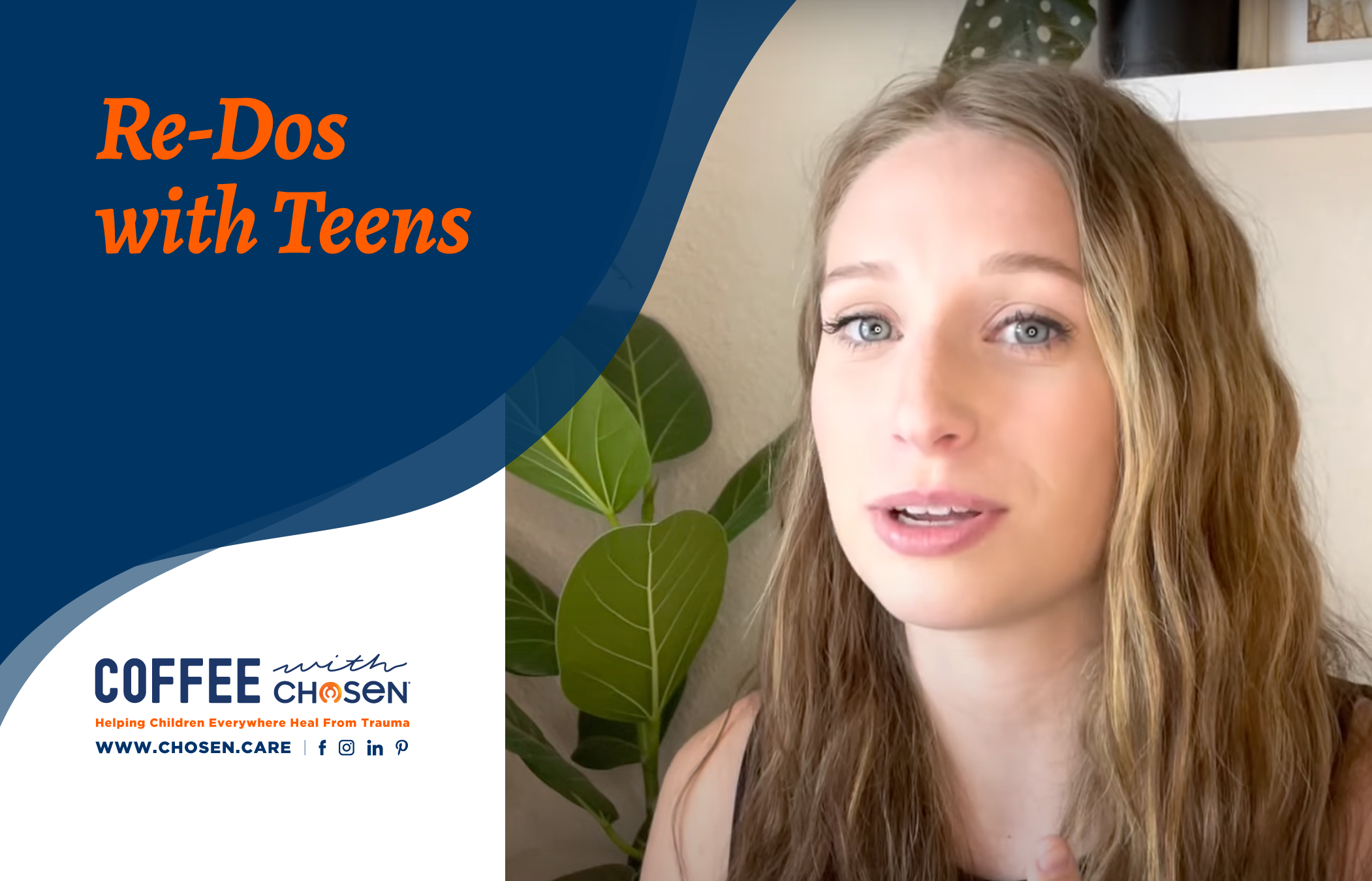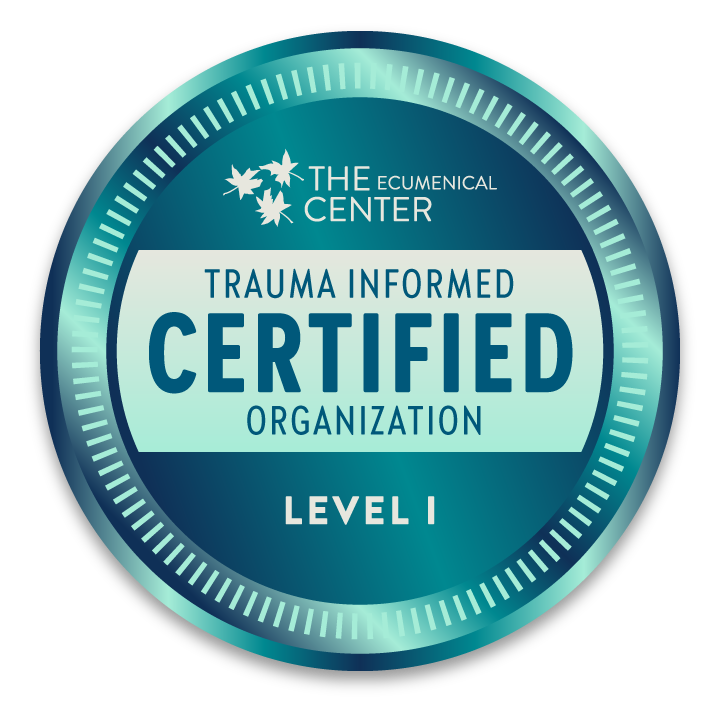When a teenager messes up, it’s easy for things to spiral out of control. Today Payton Barksdale gives us guidance about how to offer teens a chance to “re-do” bad attitudes and start over again.
Re-dos With Teens
Hello, my name is Payton Barksdale, and I am one of the care managers here at Chosen. Today I want to discuss one of the most common questions we get when discussing our trauma-informed parenting strategies. The statement often goes a little bit like, “Well, I can totally see how that would work with a small child, but there is no way that’s working with my teen.”
As someone who worked with adolescents for several years in our residential treatment centers–and from all of the lived experience shared with me from other care managers here at Chosen–I can attest that these strategies do in fact work. Specifically, I want to discuss one corrective strategy–redos. A redo is a strategy to practice right reactions during stressful times. So what does a redo look like and how can it work with a teen?
Maybe you’ve had a conversation that went like, “Hey sis! I’ve been really stressed out today and I really need your help in the kitchen to get dinner on the table more quickly.” What I don’t know is that my daughter just got assigned another project in her online course where she has already really been frustrated with the workload. So her response may be something like, “I don’t have time to come down and help with dinner. I’m not even hungry anyway.” Well, if I have already had a stressful day and I hear that, my response to her might not be all that great. I need a moment to regulate my heart to not assign motive to her and to not blow up at her reaction. My best response would be to walk to her room, peak my head in her door, and say, “Hey, you just sounded really disrespectful. Would you like to try that again and maybe let me know what’s up with that statement?”
By immediately going to her and looking in her face, I can figure out where the sass came from and either engage with her playfully or from a place of compassion. By allowing for a redo, I’m helping her create body memory for the right way to respond. Doctor Karyn Purvis, one of the authors for The Connected Child, said “Motor memory trumps cognitive memory.” So here are a few tips for effective redos, as taught through TBRI.
Number one: Be consistent. There may be resistance in the beginning, but once a teenager gets the hang of it, a redo will become a very quick and easy go-to conversation.
Number two: Remember that connection is vital for a redo to be effective. The better connection that you have with your child, the better they will be able to respond to your correction.
Number three: Respond immediately. To request a redo, Dr. Karyn Purvis and Dr. Cross really recommend that you respond within three to five seconds of their behavior, if possible.
Number four: No monologues. Remember, when a teen is disregulated, you should communicate with short statements. At this time they are operating out of that lower part of their brain and they cannot hear the lecture you are presenting them with about respect.
Number five: Model appropriate behavior. So, when you mess up and you lose your cool–which is inevitable–use the same language and ask for a redo. It becomes a part of your family’s DNA.
Number six: Stay regulated yourself. Raising your voice and showing irritation will only escalate their behaviors.
And lastly, number seven: When it’s over, it is over. Don’t keep bringing up the infraction. Remember that returning to connectedness is vital to a teen.
So go ahead, practice redos, incorporate them into your family’s life. And remember that research shows that 70-80% of problem behaviors can be solved at this level of engagement when regulated adults chose to connect, empower, and teach teens proactively. Thanks so much for listening. Have a great day.













